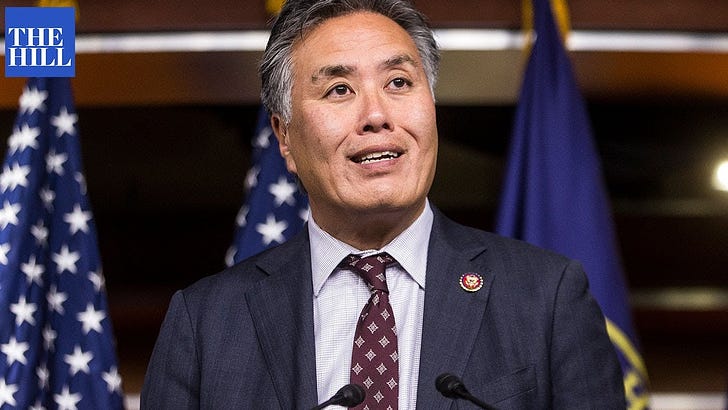A shorter workweek could have benefits for employees and employers alike.
Pilot programs run by governments and businesses across the globe have shown promising results as productivity climbed and workers reported better work-life balance, less need to take sick days, heightened morale, and lower childcare expenses because they had more time with their family and children.
Shorter workweeks have also been shown to further reduce healthcare premiums for employers, lower operational costs for businesses, and have a positive environmental impact in some of these studies.
To this end, Rep. Mark Takano (D-Calif.) has introduced legislation that would reduce the standard workweek from 40 hours to 32 hours by lowering the maximum hours threshold for overtime compensation for non-exempt employees under the Fair Labor Standards Act (FLSA).
“At a time when the nature of work is rapidly changing, it’s incumbent upon us to explore all possible means of ensuring our modern business model prioritizes productivity, fair pay, and an improved quality of life for workers,” said Rep. Takano. “I am introducing this legislation to reduce the standard workweek to 32 hours because – now more than ever – people continue to work longer hours while their pay remains stagnant. We cannot continue to accept this as our reality.
“Many countries and businesses that have experimented with a four-day workweek found it to be an overwhelming success as productivity grew and wages increased. After the COVID-19 pandemic left so many millions of Americans unemployed or underemployed, a shorter workweek will allow more people to participate in the labor market at better wages,” Takano added. “This is a groundbreaking piece of legislation and I’m grateful to the organizations and colleagues that firmly stand behind it. I look forward to continuing the work on this issue so that people may experience the best possible working conditions – the working conditions they deserve.”
This bill has been endorsed by the American Federation of Labor and Congress of Industrial Organizations (AFL-CIO), the Economic Policy Institute (EPI), Service Employees International Union (SEIU), the National Employment Law Project (NELP), and the United Food and Commercial Workers Union (UFCW).
Original co-sponsors of this legislation include Rep. Rashida Tlaib (D-Mich), Rep. Jan Schakowsky (D-Ill), and Rep. Chuy Garcia (D-Ill).
“Work hours are highly unequal. Millions of people want to work more hours to earn more income while others want to work less to achieve a healthier work/life balance. A 32-hour work week will directly help those trying to achieve greater work/life balance, while freeing up hours that can be picked up by involuntarily part-time workers. In addition to that, shorter work weeks have important environmental benefits. Reducing Americans’ average work week is a key step towards achieving a better society,” the Economic Policy Institute said, according to a statement from Takano's House office.
Do you find this post of value?
Please share it…



